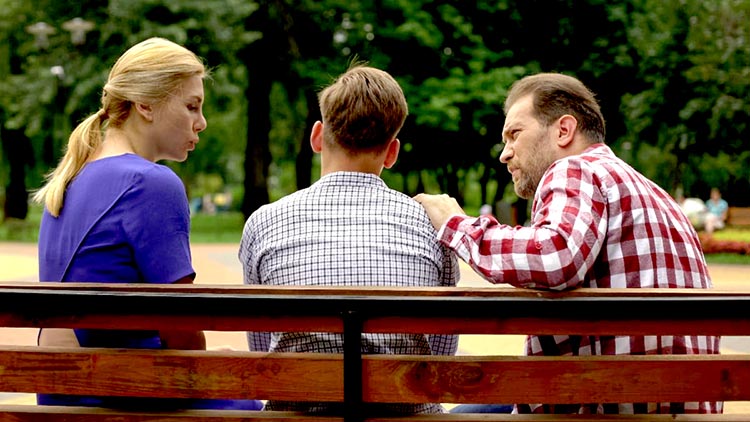
From Prevention Action Alliance
Thu, Jul 15
The following information is shared by the Klinic Community Health Centre’s “After a Suicide: A Practical and Personal Guide for Survivors.”
Historian Arnold Toynbee once wrote, “There are always two parties to a death: the person who dies and the survivors who are bereaved.” When that death is by suicide, grief and despair may be further intensified and the healing process may be more complex. Survivors often struggle to understand “why” their friend or loved one chose to end their life and question what they could have said or done differently to have changed the outcome.
In the aftermath of suicide, it is difficult enough as an adult to try to wrap our minds around what has occurred. Given the stage of development adolescents are in, it comes as no surprise that it tends to be even more difficult for a young person to try and make sense of the loss of a friend or family member by suicide. A young person needs information, guidance and continued support to help them get through the grieving process and move forward in a positive direction.
A good first step is helping them understand why people die by suicide. We may not know for sure why a person they cared about made the choice they did; however, we can share with them common factors and circumstances that contribute to someone’s decision to end their life.
We know that factors, such as loss, addictions, trauma, depression, physical and mental illness, and major life changes, can make some people feel overwhelmed and unable to cope to the point that their thoughts turn to suicide. We also know that people who consider suicide usually have extreme feelings of hopelessness, despair and helplessness. They believe that the tremendous amount of pain they are in will never end and that the only way to stop their suffering is to end their life. Even people who have strong support systems around them may be so debilitated by their pain that they fail to ask for help when it is needed most.
Important statements a young person needs to hear and believe in the aftermath of suicide:
No matter the situation or circumstances, it’s not your fault that someone else made the decision to end their life. Nothing you could have said or done would have prevented your loved one from dying.
The decision your friend or family member made is not a reflection of their love for you, and it does not take away from the friendship or meaningful relationship the two of you shared.
It’s okay to use the word suicide. Using the word and talking about it can help the healing process.
Healing does not mean forgetting your loved one who died by suicide. You don’t dishonor their memory when you heal, laugh and live your life again.
Everyone grieves, reacts and copes differently. There is no right or wrong way to mourn your loss.
You will likely face some difficult times on your road to healing, but remember you are not alone. You have your family, friends and people in the community who love and care about you. They are here for you and want to help—you simply must ask.
According to the Full Circle Grief Centre, additional ways to support youth dealing with suicide loss include the following:
Be available and patient. Listen generously.
Ask questions. Be invested in their well-being.
Validate their feelings.
Give them choices in determining which avenues of support they prefer.
Understand how important their peer relationships can be and be open to changes.
Challenge the stigma and shame around suicide. Use the verbiage “died by suicide.”
Support their desire to create remembrance experiences.
Provide opportunities to maintain connections with others.
Help to prepare them for others’ insensitivity.
Give them permission to grieve the way that feels right to them.
Seek out additional professional support if needed.
The death of someone we care about, especially death by suicide, is devastating, complex and immensely impactful, especially for young people. It’s important to provide them with information, guidance and support—encouraging them to live alongside their grief and to grow from it.
A final reminder from Klinic Community Health Centre, “Not only is it important to grieve, it is necessary to experience the pain of your loss in order to gain relief.”
Photo Submitted: Prevention Action Alliance

